Türkiye backs NATO’s decision to more than quadruple its defense spending target to 5% of GDP by 2035 and is already surpassing the previous standard of 2%, according to a Turkish Defense Ministry source on Thursday.
NATO allies on Wednesday agreed to raise their collective spending goal to 5% of gross domestic product over the next decade, citing the long-term threat posed by Russia and the need to strengthen civil and military resilience.
“Türkiye is above the 2% target criterion under the Defence Spending Pledge,” the source said. “As NATO’s second-largest army, Türkiye is among the top five contributors to the alliance’s operations and missions.”
The source said Türkiye had fulfilled all its NATO capability targets and was continuing to invest in defense industry development and research. It plans to expand a layered air defense network across the country, centered around its national “Steel Dome” project.
“We are investing in air defense systems, hypersonic, ballistic and cruise missile capabilities, unmanned land, sea and air systems, as well as next-generation aircraft carriers, frigates and tanks,” the source said.
The new NATO target includes at least 3.5% of GDP for core defense spending, with the remainder to be spent on security-related infrastructure to improve civil preparedness and resilience.
It’s a major revamp of the way NATO calculates defense spending. Until now, the allies had set a target of 2% of gross domestic product for their defense budgets.
They’ll now be able to include weapons and ammunition they supply to Ukraine in the equation, making the new target slightly easier to reach, but still difficult for Canada and a number of European countries with economic troubles.
On top of that, the allies will dedicate 1.5% of their GDP to upgrading infrastructure – roads, bridges, ports and airfields – needed to deploy armies to the front. Money spent on protecting networks or preparing societies for future conflict can be included.
Progress will be reviewed in 2029, after the next U.S. presidential election.
Not everyone is on board. Spain officially refused the agreement. Slovakia had reservations. Belgium, France and Italy will struggle to meet the new target.
The leaders reaffirmed their “ironclad commitment” to NATO’s collective defense clause, Article 5. In recent years, U.S. President Donald Trump had sown seeds of doubt about whether the U.S. – NATO’s most powerful member – would come to the aid of any ally under attack.
Trump had appeared to condition that support on higher defense spending. With NATO’s new spending pledge in the bag, he told reporters that “I left there saying that these people really love their countries. It’s not a ripoff. And we’re here to help them protect their country.”
He added that “they want to protect their country, and they need the United States, and without the United States, it’s not going to be the same.”
Anti-Daesh coalition
The Turkish ministry sources also confirmed regional nations would form an alliance against the Daesh terrorist group, which carried out a suicide attack that killed 25 people at a Damascus church on Sunday.
Türkiye condemns the attack, which targets Syria’s social peace and unity and is a crime against humanity, the sources added.
They urged Syrian people to unite against “assaults and provocations of enemies.”.
Sunday’s attack on Mar Elias Church marked the first of its kind in Syria in years, as the capital seeks to stabilize and restore normalcy amid lingering conflict and divisions following the ouster of Bashar Assad in December.
“Türkiye has already sent military personnel to Syria that will serve in the anti-Daesh operation center,” the sources said. “A structure will be established where regional countries can jointly fight against Daesh. We will continue to cooperate with all our might to end the scourge of terrorism in Syria, as we do Türkiye.”
The sources said Türkiye would provide the Syrian government with the necessary support to fight against terrorism.
Earlier this year, Ankara confirmed a four-way coalition with Iraq, Jordan and Syria against Daesh was underway, which will include intelligence sharing and joint operations.
Daesh took over vast swathes of Syria and Iraq in 2014, but it lost its grip on the territory after campaigns by U.S.-backed forces in Syria and Iraq and Syrian forces backed by Iran, Russia and various paramilitaries.
A U.S.-led coalition force still raids Daesh cells in Syria. In addition, the U.S., under the pretext of this “fight” against Daesh, supplies military equipment and training to the PKK/YPG, a terrorist group holed out in northeastern Syria, despite protests by Türkiye, which both terrorist groups target.
As part of a “terror-free” initiative launched last year, the PKK, a designated terrorist group by Türkiye, the U.S., the U.K. and the EU, announced the historic decision last month to disarm and end its decades-long terror campaign that killed at least 40,000 people.
When asked about the status of the PKK’s dissolution, the ministry sources said the relevant Turkish authorities were monitoring the process “with great care.”
“The Turkish Armed Forces (TSK) continue to make every effort to successfully complete the process by taking the necessary measures without compromising the security of our country,” they noted.

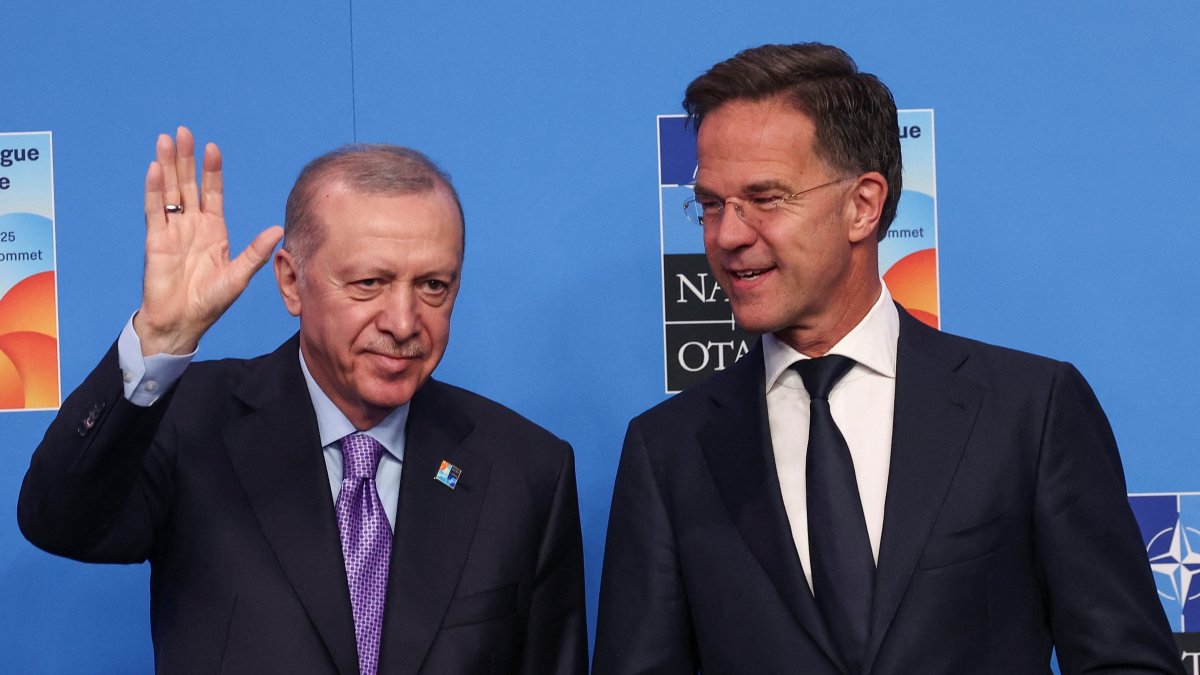


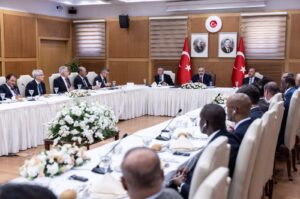

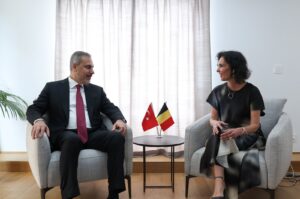

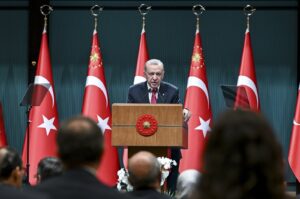

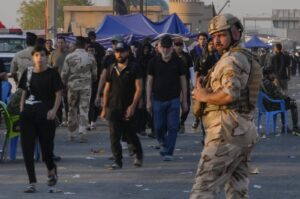

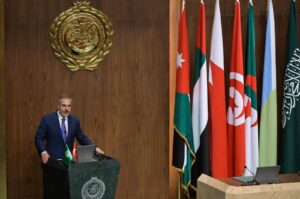
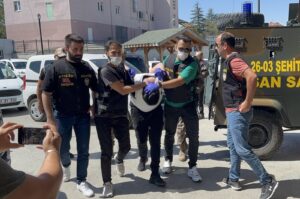
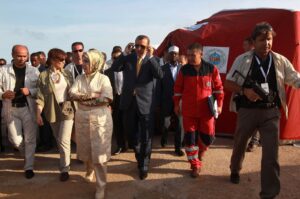
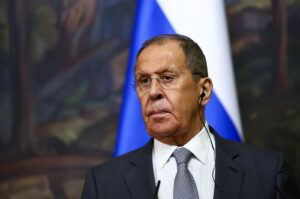
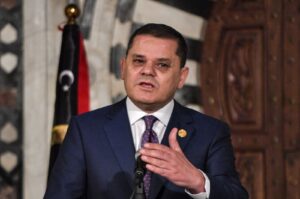

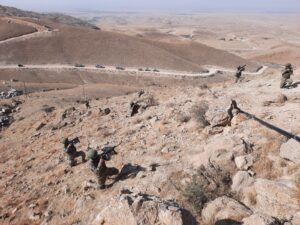
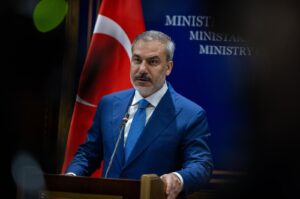
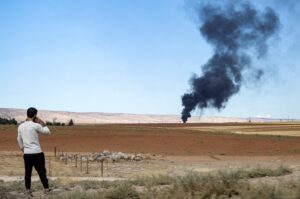


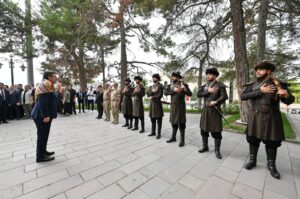
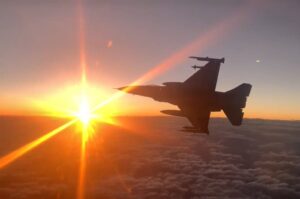
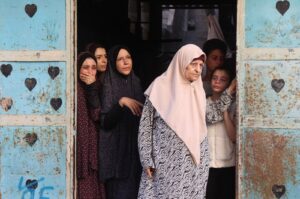

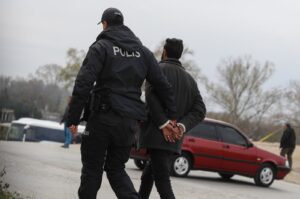
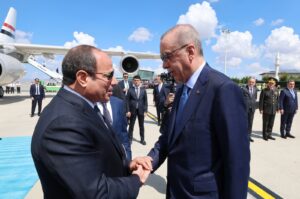



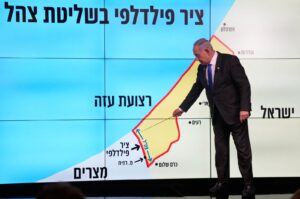
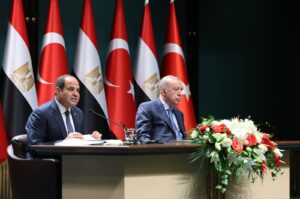
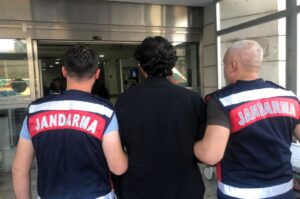
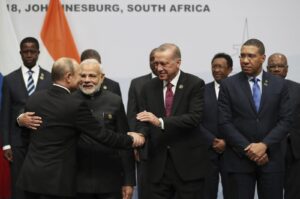
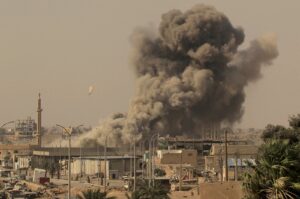
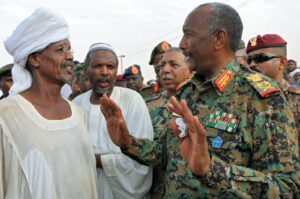
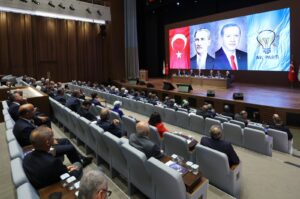

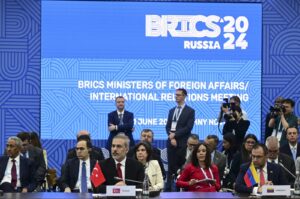
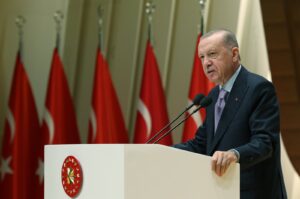
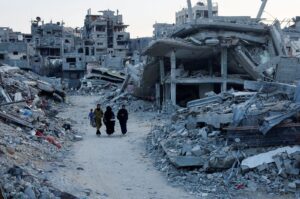
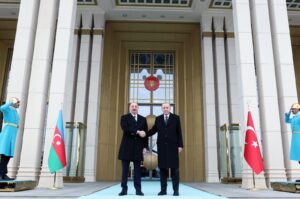
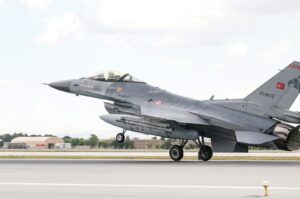
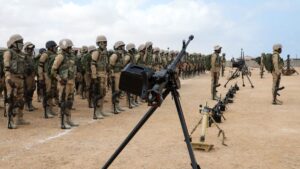
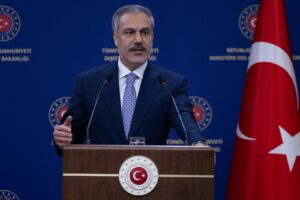
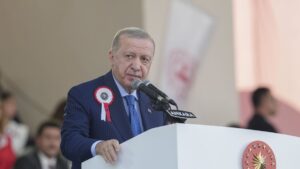
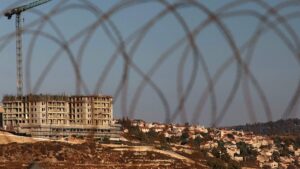



Be First to Comment